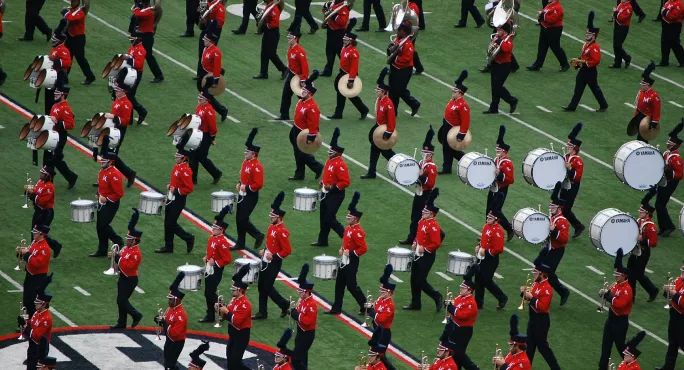There is an abundance of research papers and articles that have been written about the benefits of studying music. Learning to play a musical instrument can improve the development of speech and reading skills; it can improve a pupil’s ability to sustain concentration for lengthy periods of time, and have a profound impact on working memory.
Dr Sylvain Moreno, a revered neuroscientist, carried out a series of convincing studies in which pupils with no prior musical training were given 20 hours of music lessons, and the results were remarkable. Simply put, Moreno established that music has a significant positive impact “on a set of core neural processes that are related to focus, intelligence, reading and academics”.
Albert Einstein attributed his greatest discovery, in part, to the study of music. “The theory of relativity occurred to me by intuition,” he reportedly said.“And music is the driving force behind this intuition. My parents had me study the violin from the time I was 6. My new discovery is the result of musical perception.”
In more recent times, a struggling primary school in Bradford hit the headlines for apparently transforming pupil achievement solely through the introduction of six hours of music tuition a week. Clearly, music’s academic benefits are difficult to dispute.
With three-quarters of pupils in our school learning to play a musical instrument, and 100 per cent of pupils achieving A grades at National 5 and Higher level for the past 12 years, our school understands this premise better than most.
Music education ‘under severe pressure’
However, it is a fact less widely recognised across schools in Scotland - and we are in a time when music education is under severe pressure - that music can increase a pupil’s capacity for empathy and, as a result, can help to unify communities and dismantle social barriers. Music is an expression of emotion, and when performing as part of a choir or a member of a jazz band or orchestra, we are compelled to connect with others in a profoundly emotional way.
One day in September, our school embraced the value of music beyond the classroom. Children as young as 3 sang and performed side-by-side with 13-year-olds from the senior school and octogenarians from Campbell Snowden residential home in Quarrier’s Village, near our school. Some played woodwind or string instruments, some sang. The afternoon included performances of Ava Maria, Loch Lomond, I Love a Lassie, Westering Home and excerpts from Mary Poppins. It was the school’s rector, Andrea Angus, who commented on the power that music has to “transcend age barriers and communicate like no other language”.
Over the course of an extraordinary afternoon, an audience witnessed a very real relationship begin to develop between often disparate groups of people, and the barrier between old and young - between sometimes alienated or misunderstood generations - dissipated.
During events such as this, the real power of music is demonstrated.
Antonia Berry is depute rector of St Columba’s School, an independent school in Kilmacolm, on the outskirts of Glasgow


